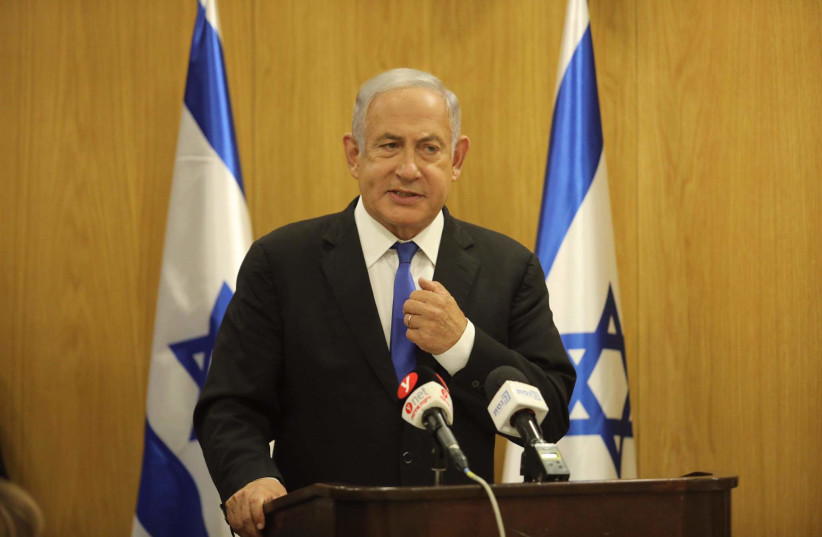Israel's security cabinet took steps to boost the Palestinian economy in advance of the Islamic holy month of Ramadan after Prime Minister Benjamin Netanyahu and Defense Minister Yoav Gallant held lengthy consultations with the Biden administration, according to a senior source.
This includes the regulation of tolls on the Allenby Bridge which is the main thorofare by which West Bank Palestinians travel abroad. Fuel fees will be lowered and the Israeli Economy Ministry will update the list of goods that are imported into the Palestinian territories.
The security cabinet made the decision at its meeting on Sunday, but details of the decision were only released on Wednesday.
Coming amid fears of escalation of violence, Israeli tensions with Biden administration
The move comes amid concerns of a sharp escalation in violence when Ramadan begins on March 22, particularly given that it will overlap with the Passover holiday in April. The US has looked to Israel to take steps to improve life on the ground for Palestinians, particularly in lieu of any peace process.
But the gesture also comes amid tensions between Israel and the Biden administration over the security cabinet’s decision on Sunday to transform 10 West Bank outposts into nine new settlements.

On Tuesday the IDF’s Civil Administration followed that move by revealing that a meeting of the Higher Planning Council for Judea and Samaria will take place on February 22.
The Higher Planning Council is slated to advance plans for some 10,000 new units in West Bank settlements, not all of which will be approved at that meeting.
The Palestinian Authority in response has appealed to the United Nations Security Council to issue a statement or a resolution condemning the move. Israel is working to ensure that the US will block the move given that it is one of five countries with veto power at the council.
In the worst-case scenario, it is hoping that any UNSC statement, would also condemn Palestinian terrorism.
US State Department spokesman Ned Price spokesman said on Tuesday, “We are opposed to unilateral measures that have the potential to exacerbate tensions and that can move us further away from a negotiated two-state solutions.
“We are opposed to any unilateral measures that, put simply, can be an obstacle to peace. There is no question in the minds of our Israeli interlocutors,” he added.
